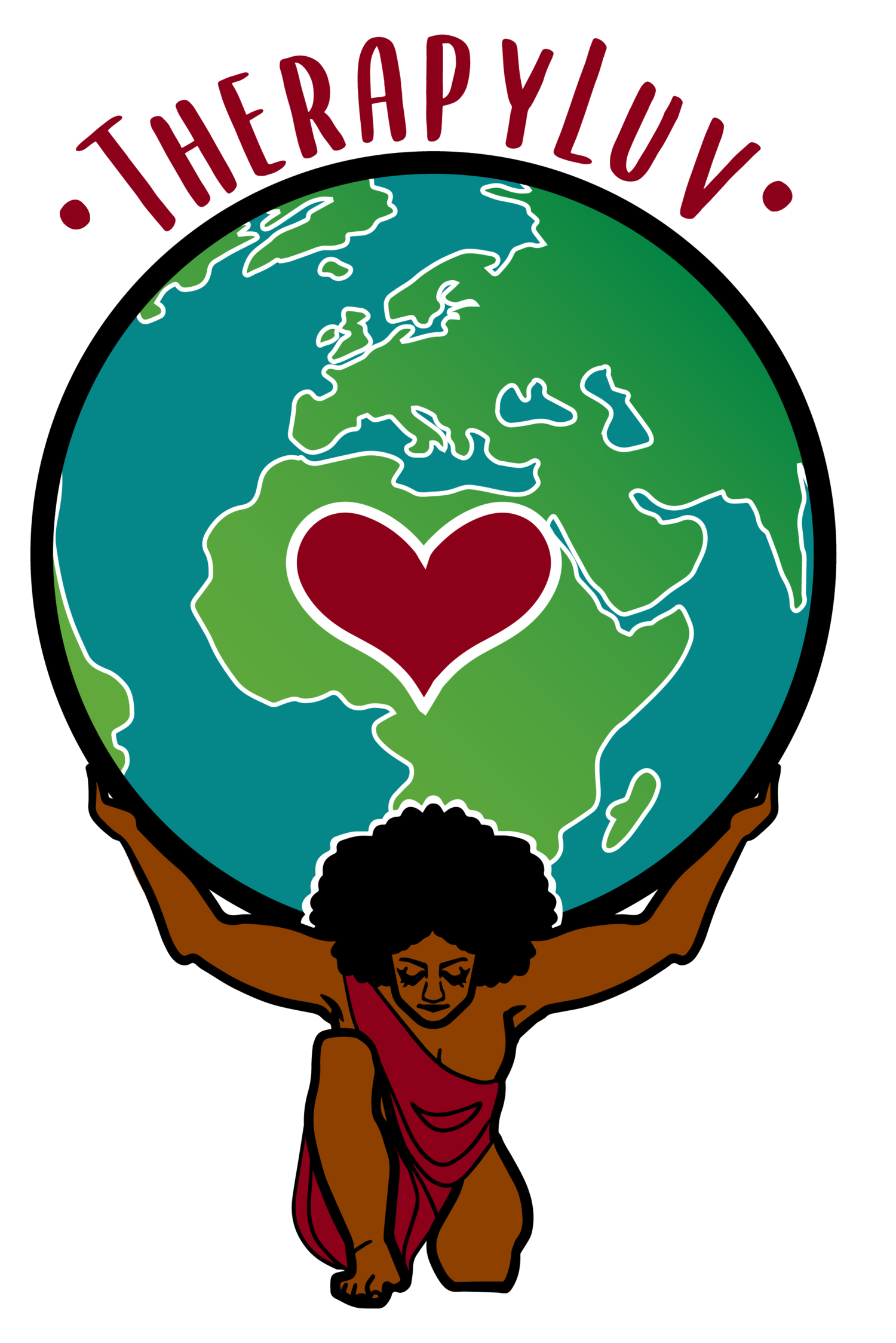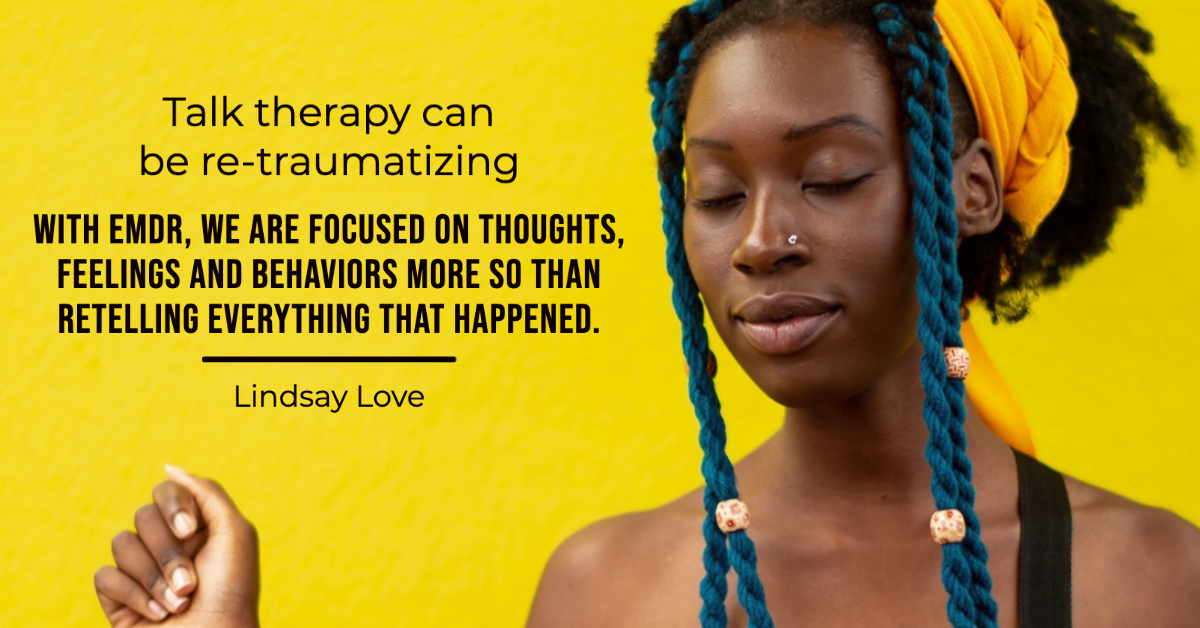More About EMDR in the Healing Journey
Last month, I shared about Eye Movement Desensitization Reprocessing (EMDR). It’s such an interesting and powerful new option that I want to continue educating my community about it.
EMDR is different from other modalities because it's more of a brain-based process as opposed to talk therapy. Talk therapy can be re-traumatizing for clients because a client can feel like they have to reveal (and risk reliving) every detail of their past traumatic experiences.
With EMDR, we are focused on thoughts, feelings and behaviors more so than retelling everything that happened. There are eight phases to EMDR:
Phase 1: History and Treatment Planning
Phase 2: Preparation
Phase 3: Assessment
Phase 4: Desensitization
Phase 5: Installation
Phase 6: Body Scan
Phase 7: Closure
Phase 8: Reevaluation
A client does not have to achieve all eight phases in one session and can spend more time in one phase over the other. A lot of clients spend more time in phases 1 and 2 because the therapist is trying to prepare them for the rest of the phases. In my experience, I want to do a lot of prep work with clients, especially BIPOC clients. Clients from historically marginalized communities often have a lot of valid mistrust for the healthcare system, so I take my time in the early phases to ensure they understand EMDR is not hypnosis and that they have control over the process. Clients are fully conscious and empowered the entire time.
In fact, in June 2020, EMDRIA released a commitment to confront trauma associated with racial injustice. They are also working to encourage more BIPOC therapists to get trained and certified, which is one of the reasons I pursued this work, introducing modalities to address racial trauma, which is important to a lot of my Black clients who were paralyzed by fear after 2020.
So far, I’m extremely pleased by the ways EMDR provides more highly-impactful tools to anti-racist, trauma-informed therapists’ toolbox and I encourage anyone who sees themselves in some of these descriptions to reach out and learn more.

